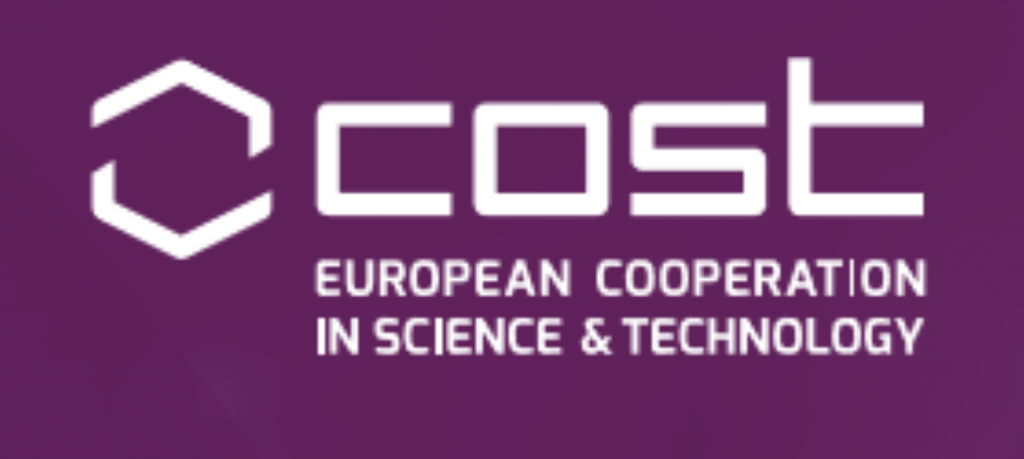There is an increasing need for the food industry to provide information on their products in order to satisfy quality standards and to protect their products from food fraud. Recent developments in technology, and advances in big data analytics, provide the opportunity for step-changes that can transform the role of food integrity assurance from one of just strictly conformance to one that addresses a wide range of business critical concerns, including quality, safety and authenticity solutions. Non-destructive Spectroscopic Sensors (NDSS), such as NIR Spectroscopy, Fluorescence, Raman or Hyperspectral imaging, enable rapid, nondestructive and environmentally-safe assessment of multiple parameters in a variety of food products. Most applications of these technologies in the food industry are made at-line. Industry requires them to be deployed in situ and preferably on-line for full process control over the entire food chain. These requirements introduce constraints on sensor design and calibration development which do not normally apply to laboratory-based instruments. Long-term stability of instruments, robustness of the calibrations, sensor integration in production environments, transferability of data and the building of real-time decision-making systems are critical issues to be considered. SensorFINT will create a vibrant network, combining experience in research, manufacture, training and technology transfer in relation to NDSS. The Action will operate by developing generic solutions to existing and emerging problems in non-invasive food process control building an "smart food control system" as well as developing a cadre of well-trained young researchers who will convert scientific results into a reality that matches industrial needs.
To bring the coordinated activities of the group of the scientific and technological network participants,
the following Research Coordination Objectives will be achieved:
- Determination of key points and critical parameters for quality, safety, authenticity and performance control at each stage of the food production process in some selected food industries, particularly focused on high quality and high added-value European food products (meat products, olive oil and fruit & vegetable).
- Evaluation of miniaturised, low-cost, portable or handheld spectral sensors systems with reference to their performance compared to laboratory instrumentation.
- Development, fine-tuning, validation and implementation of in situ control methodologies based on NDSS to meet the rigors of use in a food processing plants.
- Exploration of the potential and advantages of the combination of spectral sensors (such as Hyperspectral imaging, fluorescence, etc.) for relevant integrity issues (mainly quality and safety) in the agro-food sector.
- Development and evaluation of statistical and chemometric methods for real-time processing of spectra/images and prediction data at the high production line speeds.
- Development and evaluation of protocols, interfaces and software for efficient cloud-based decision support systems linked to systematic preventive approaches (such as HACCP), decision support systems linked to the control board (such as SCADA− Supervisory Control and Data Acquisition) and other quality and safety assurance schemes.
- Innovation in the labelling systems based on ICT, providing real-time detailed information about quality, safety, production and authenticity of an individual piece of food.
To foster knowledge exchange and the developments expected under section the following capacity-building objectives are:
- Providing well-trained young researchers and professionals in new and emerging technologies, for the innovation in the food integrity and process-control, allowing the alignment of scientific progress and industrial demands.
- Fostering the exploration and implementation of new training routes and methodologies, some of them based on an e-learning environment, with the particular aim of widening career prospects of highly specialised researchers, in the development and use of innovative spectral sensor technologies
for increasing the competitiveness of the European agri-food industry.
- Stimulating new ideas and innovative methodologies in an open innovation framework to address generic control problems faced by the European food industry, extrapolating and disseminating results to other industry sectors.
- Fostering the involvement of teams from less research-intensive countries across Europe, promoting their inclusiveness, through the sharing of new knowledge in NDSS generated by the other European and International partners with higher research developments.
- Ensuring the right integration, dissemination and exploitation of the knowledge and outptus from SensorFINT Action among all the research groups of interest, industry sectors and stakeholders.
Project coordinated by Prof Dolores PEREZ-MARIN (UCO, Spain)






